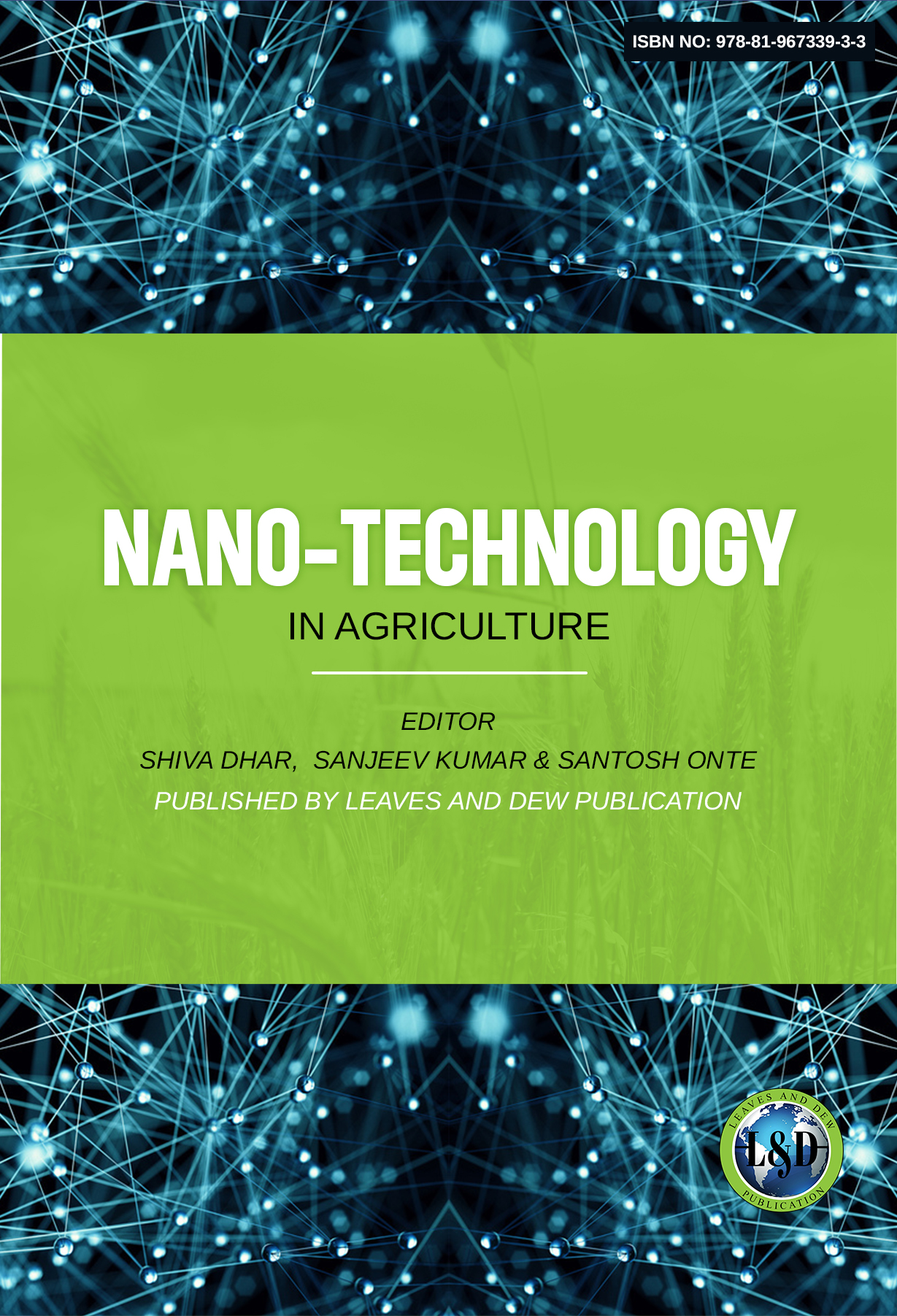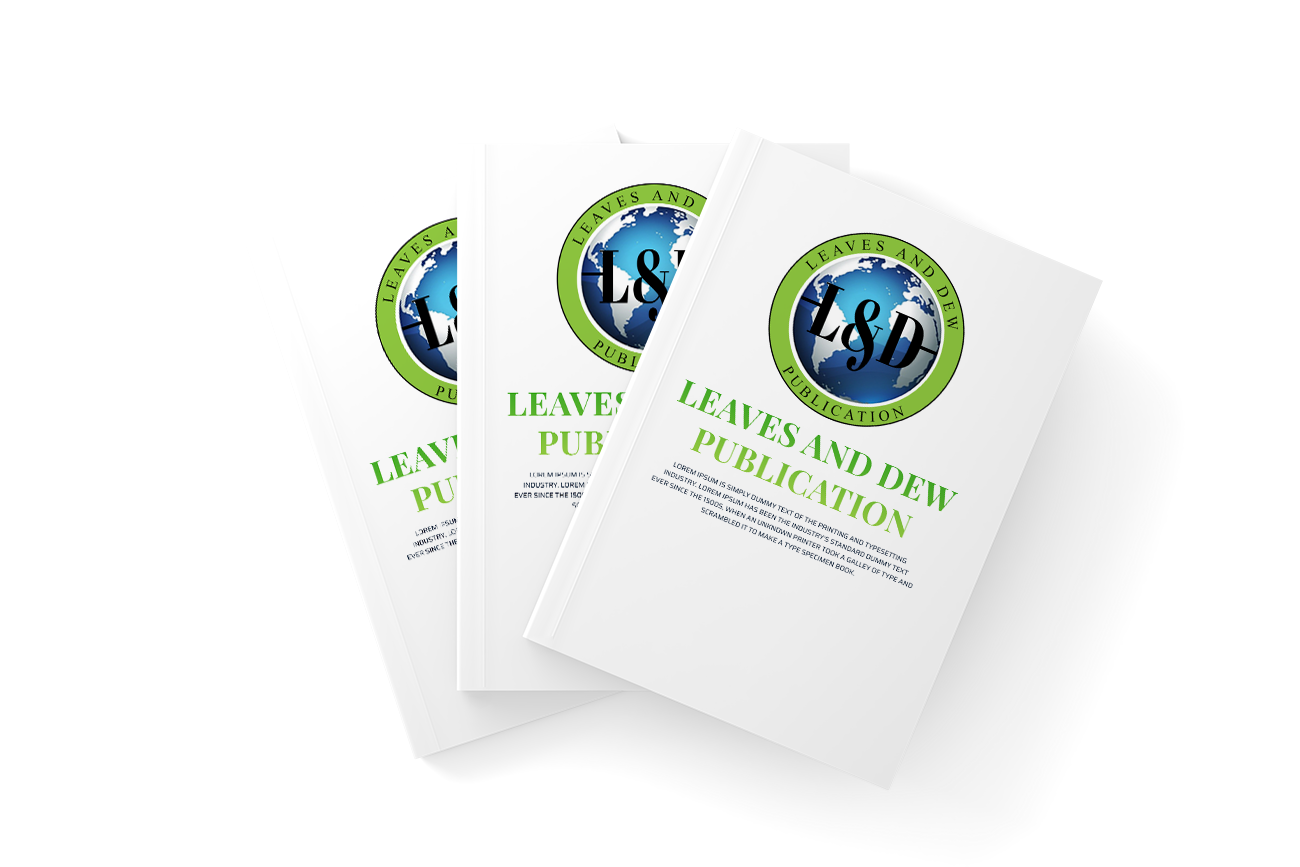Contribute a chapter to the Open Access book ‘Nanotechnology in Agriculture’
CLICK HERE TO PARTICIPATE
ISBN No :- ISBN-978-81-967339-3-3
Nanotechnology in Agriculture
About the book
Nanotechnology has emerged as a promising tool in addressing the global food security challenge. With a growing population and increasing demand for food, there is a need for innovative approaches to enhance agricultural productivity, improve food quality, and reduce food waste. Nanotechnology offers unique opportunities to revolutionize the food industry and contribute to a more sustainable and secure food supply. Nanomaterials and nanosensors can be used to develop smart delivery systems for fertilizers, pesticides, and plant growth regulators. By encapsulating these agricultural inputs into nano-sized carriers, their controlled release can be achieved, ensuring efficient utilization and minimizing environmental pollution. Nanosensors can also enable real-time monitoring of soil conditions, water quality, and plant health, allowing for precise and targeted interventions in crop management.
Moreover, nanotechnology can enhance the nutritional value and safety of food. Nanoscale delivery systems can improve the bioavailability of essential nutrients and vitamins, ensuring their efficient absorption by the human body. This can be particularly beneficial in addressing nutrient deficiencies and improving the nutritional content of processed foods. Additionally, nanomaterials can be used for active and intelligent food packaging, extending the shelf life of perishable goods and preventing spoilage. Nanotechnology can also offer solutions for reducing food waste and improving food safety. Nanosensors can detect pathogens and contaminants in food, enabling early detection and prevention of foodborne illnesses.
While nanotechnology holds tremendous potential for advancing food security, addressing the associated challenges and concerns is essential. Safety assessments, regulations, and ethical considerations must be prioritized to ensure the responsible development and deployment of nanotechnology in the food industry. In addition, public awareness and engagement are crucial to fostering acceptance and understanding of nanotechnology's benefits and addressing any potential risks.
To address all these topics and gather and compile all the information, we proposed a book entitled "Nanotechnology: a way forward for food security". Hence, book chapters are invited from interested authors as per the attached contents of the book.
Topic
1. Nanotechnology
2. Food security
3. Agricultural productivity
4. Smart delivery systems
5. Controlled release
6. Nanosensors
7. Crop management
8. Nutritional enhancement
9. Bioavailability
10. Food packaging
11. Shelf life extension
12. Food safety
13. Pathogen detection
14. Contaminant monitoring
15. Smart packaging
16. Sustainable materials
17. Biodegradable nanocomposites
18. Circular economy
19. Safety assessments
20. Regulations
SUBJECT AREAS AND KEYWORDS
| Nanotechnology | Nanosensors |
| Crop management | Food safety |
| Circular economy |
